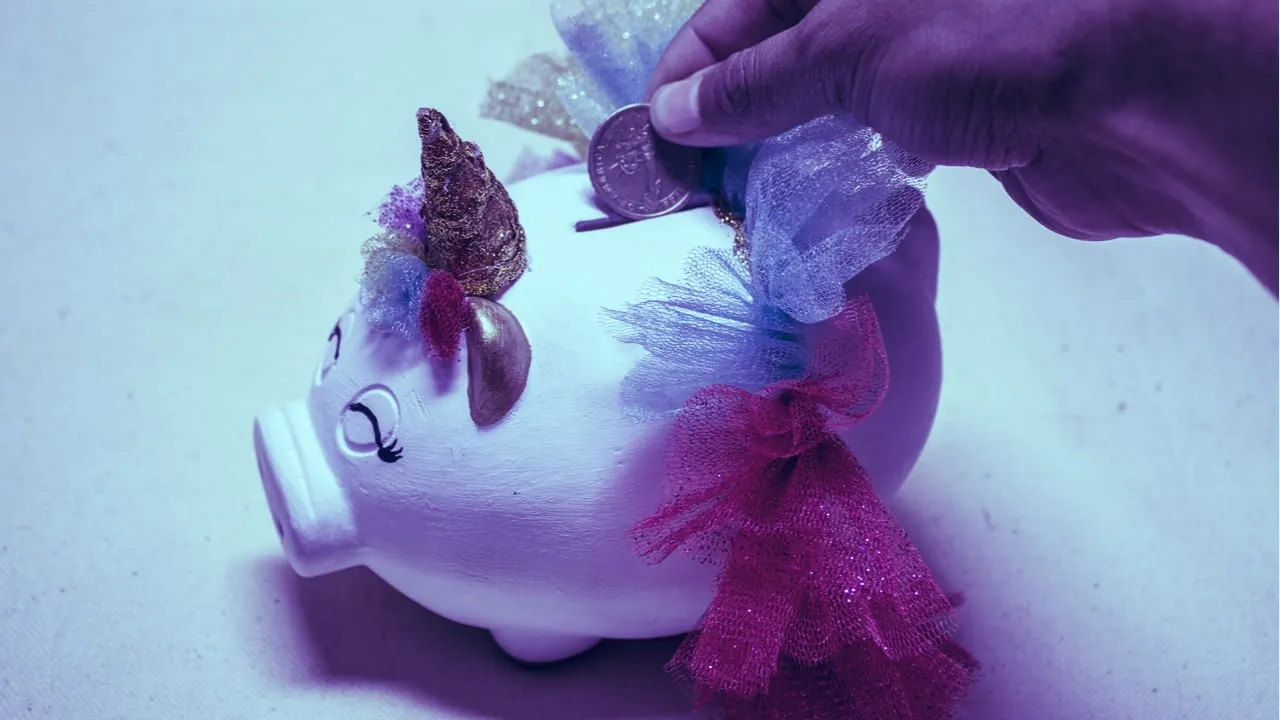In brief
- A vote to make it easier to participate in Uniswap's governance protocol has failed.
- In part, this is because it's too difficult to participate in Uniswap's governance system.
- The vote lost by a narrow margin.
A vote to lower the barrier to entry for passing protocols on Uniswap’s governance mechanism failed to get enough votes. Why? In part, because the barrier to entry was too high.
The vote almost passed. To approve the measure, Uniswap’s users staked 39,596,759 tokens in favor of the motion--just shy of the 40 million UNI tokens (about $130 million) it needed for approval. Users staked 696,857 tokens against it.
The proposal aimed to reduce the number of tokens necessary to pass votes from 40 million UNI to 30 million UNI (about $90 million) and reduce the number of tokens required to make proposals from 10 million UNI (about $30 million) to 3 million UNI (about $9 million).
Most of the UNI in favor of the proposal came from Dharma, the company that put forward the motion, and Gauntlet, the company that supported Dharma in its proposal.
“A disappointing outcome that demonstrates the impetus for the proposal in the first-place,” said Nadav Hollander, co-founder and CEO of Dharma, in a tweet today. On October 10, shortly after proposing the vote, Hollander tweeted that the status quo is “the one outcome we're sour on.”
Hollander said that the outcome is nevertheless “healthy” for Uniswap because his proposal caused Uniswap’s community to increase the number of tokens they could stake for voting by 57%, from 47 million UNI to 74 million UNI. It is unclear whether these tokens were staked to quash or support a similar vote, should Dharma propose the same thing again.
The vote caused controversy within Uniswap’s fledgling government—the protocol only switched on its governance mechanism last month.
Dharma also wants to use Uniswap’s treasury funds to airdrop UNI to its own users, as well as users of a handful of other apps that integrate Uniswap. Dharma and others claim that they are entitled to last month's Uniswap’s airdrop, which rewarded all of the protocol’s users a few thousand dollars worth of UNI token.
When Dharma proposed to lower the barrier to entry, the number of UNI tokens eligible for use as voting chips was low enough that, if its proposal passed, Dharma and Gauntlet could have steamrolled the network into accepting whatever proposal it wanted. After its proposal, users made more UNI eligible for voting, thus quashing concerns that Dharma could control the network.
Daily Debrief Newsletter
Start every day with the top news stories right now, plus original features, a podcast, videos and more.

